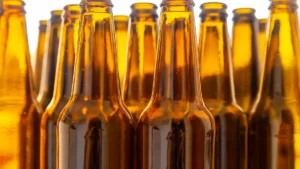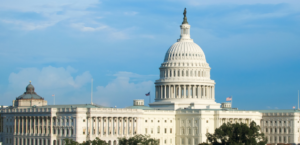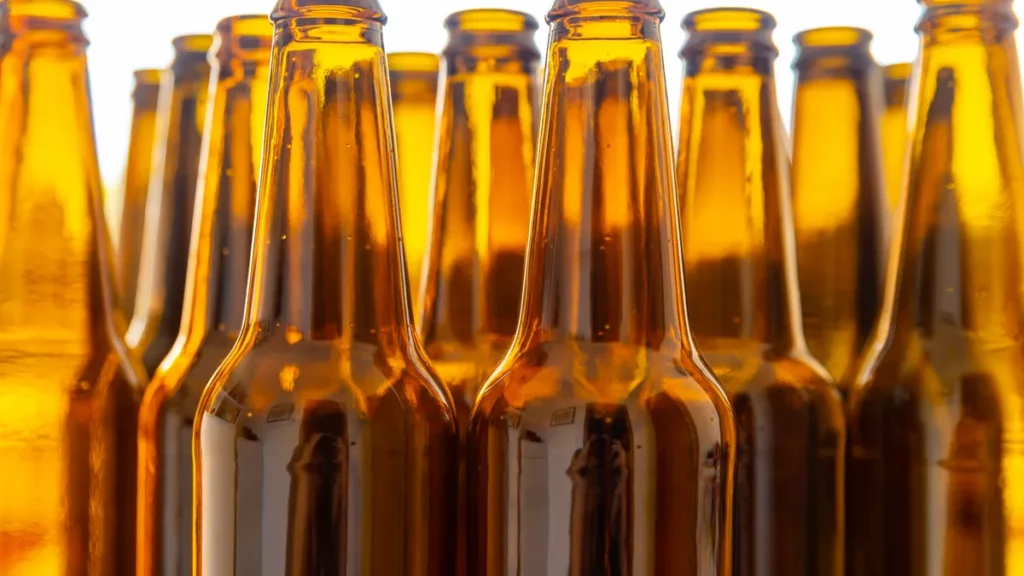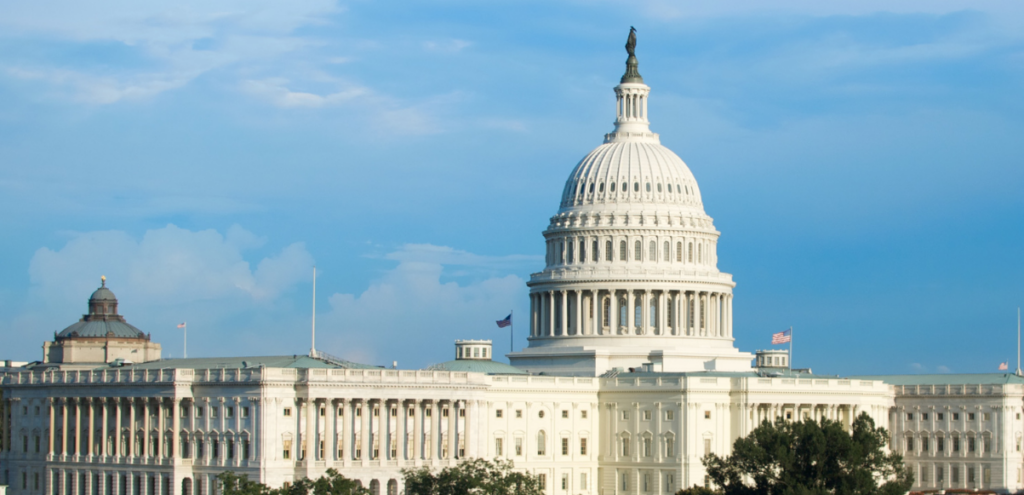Brewers and Beer Importers Advocate for Fair Taxes
BEER Act Focus of Brewers’ Day
WASHINGTON, DC – America’s brewers and beer importers arrived in Washington, DC today to promote the industry’s legislative agenda and remind lawmakers of the economic contribution of beer to every U.S. state and district.
Brewers’ Day is the Beer Institute’s annual fly-in of CEOs and top executives from companies such as Anheuser-Busch, MillerCoors, HEINEKEN USA, Crown Imports and Brooklyn Brewery. They will be asking Congress to support the Brewers Excise and Economic Relief Act of 2013 (BEER Act), which would reduce the federal excise tax on beer for all brewers and beer importers, and which was introduced by Reps. Tom Latham (R-Iowa) and Ron Kind (D-Wis.) with 33 original co-sponsors.
To help represent the industry’s $246.5 billion annual contribution to the nation’s economy, the brewers and beer importers are to be joined by supply chain partners, with executives from major businesses such as Ball Corporation, Owens-Illinois, Inc., ITW Hi-Cone and John I. Haas, Inc.
According to a recent economic analysis released by the Beer Institute and the National Beer Wholesalers Association, the beer industry puts more than 2 million Americans to work – meaning every one brewery or importer job supports another 45 jobs in supply, distribution and retail – and generates more than $40 billion in federal, state and local revenue.
“Representatives from our nation’s brewers, bottle- and can-makers, hops producers, beer importers and packaging partners are the best advocates for a fair, equitable tax policy,” said Joe McClain, president of the Beer Institute. “Together, we will take our message to Congress that beer is an economic powerhouse and our consumers pay more than their fair share of taxes.”
The bipartisan BEER Act gives relief to all brewers, particularly the 90 percent of which produce fewer than 15,000 barrels annually, and protects beer drinkers from paying more of an invisible, regressive tax that most do not know they pay.
On average, more than 40 percent of what Americans pay for beer goes toward federal, state and local taxes—from excise to consumption to sales taxes, as well as the normal business taxes. That makes taxes the most expensive ingredient in beer today.
When the BEER Act was introduced in the House of Representatives last week, McClain said, “We commend the co-sponsors of the BEER Act for introducing fair legislation that gives relief to the 80 million Americans who drink beer, enables small brewers to continue to grow their businesses and fosters economic growth across the country. The last time federal taxes were raised on beer, 60,000 Americans lost their jobs. Our fragile economy, and local American businesses, cannot shoulder that unfair burden again.”
Except for small brewers, defined in the current U.S. tax code as brewers producing less than 2 million barrels annually, the current federal excise tax rate for beer is $18/barrel.
Under the BEER Act of 2013:
· Small brewers would pay no federal excise tax on the first 15,000 barrels;
· Small brewers would pay $3.50 on barrels 15,001 to 60,000;
· Small brewers would pay $9 per barrel for every barrel over 60,000 and up to 2 million barrels;
· For brewers producing more than 2 million barrels annually, and for all beer importers regardless of size, the federal excise tax rate would be $9 per barrel for every barrel.
###
The Beer Institute, established in 1986, is the national trade association for the brewing industry, representing both large and small brewers, as well as importers and industry suppliers. The Institute is committed to the development of sound public policy and to the values of civic duty and personal responsibility: www.BeerInstitute.org.













